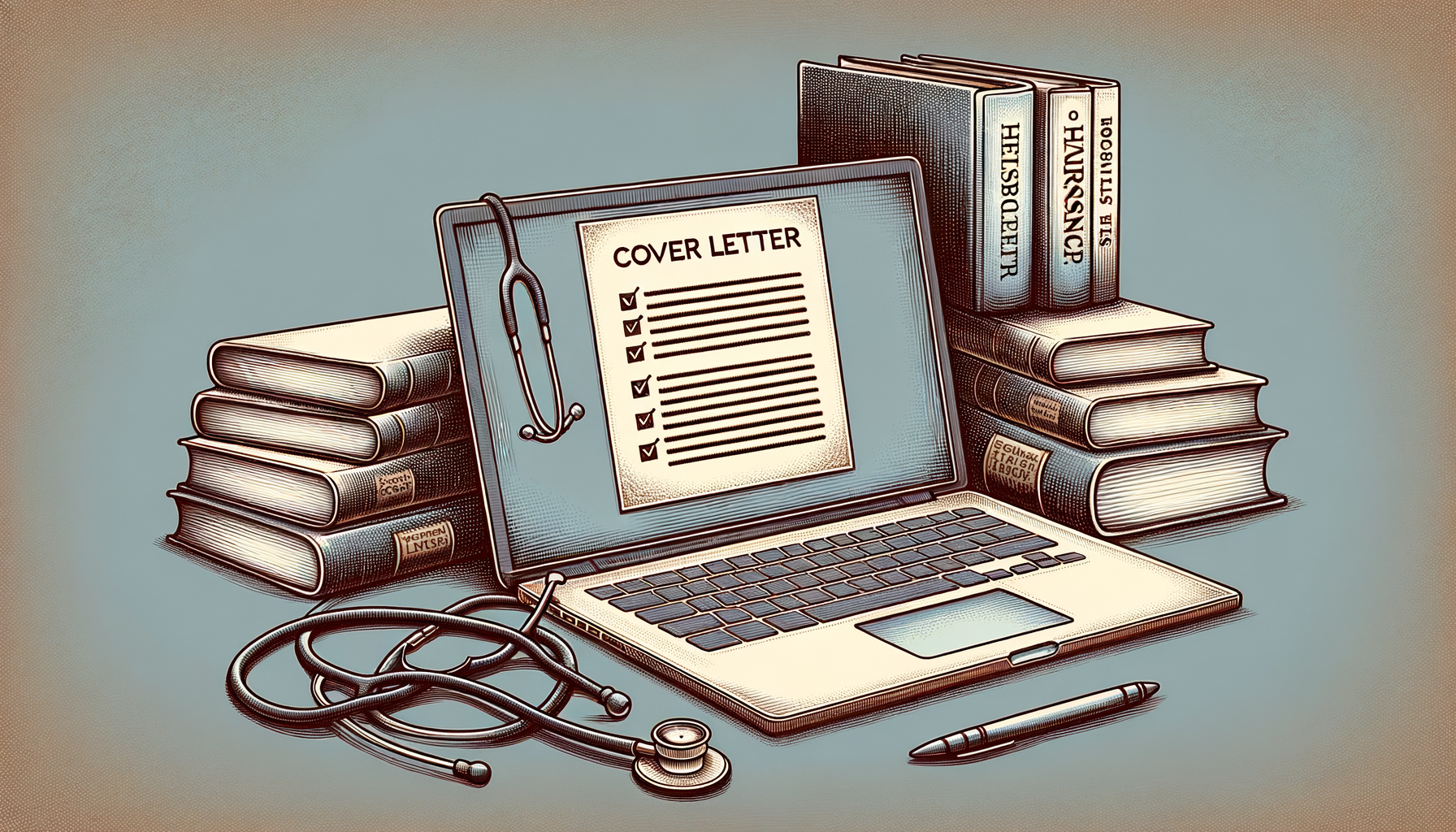Resigning from a job is a significant step in anyone’s career journey, and doing so with professionalism and clarity is essential. When your reason for leaving is personal, crafting a resignation letter that communicates your decision respectfully and effectively can be challenging. This guide will walk you through how to write a personal reason resignation letter, providing clear examples and practical advice to help you leave on good terms while maintaining your professional reputation.
Understanding How to Write a Personal Reason Resignation Letter
Writing a resignation letter for personal reasons requires a balance of honesty, tact, and professionalism. It’s important to clearly communicate your intent to resign without divulging too much personal information. This type of letter serves as a formal notification to your employer and helps ensure a smooth transition. Key aspects to consider include:
- Clearly stating your resignation and last working day
- Keeping the tone polite and professional
- Providing a brief but respectful explanation of your personal reasons
- Expressing gratitude for the opportunities you’ve had
- Offering assistance during the transition period
How to Write a Personal Reason Resignation Letter with Examples - Step by Step
Following a structured approach when writing your resignation letter can make the process easier and ensure you cover all necessary points. Below is a step-by-step guide to help you craft a clear and respectful resignation letter for personal reasons.
Step 1: Start with a Formal Greeting
Begin your letter by addressing your immediate supervisor or the appropriate manager. Use a formal greeting such as “Dear [Manager’s Name],” to set a professional tone from the outset.
Step 2: Clearly State Your Resignation
In the opening paragraph, clearly state that you are resigning from your position. Include your job title and the effective date of your resignation, typically providing at least two weeks’ notice unless otherwise specified in your contract.
Step 3: Briefly Explain Your Personal Reason
Provide a concise explanation for your resignation related to personal reasons. Keep this part general and avoid sharing too many details. For example, you might say, “Due to personal circumstances, I have decided to step down from my role.”
Step 4: Express Gratitude
Thank your employer for the opportunities and experiences you’ve gained during your tenure. This helps maintain a positive relationship and leaves the door open for future references or networking.
Step 5: Offer Assistance During the Transition
Conclude your letter by offering to help with the transition process, such as training a replacement or completing outstanding projects. This demonstrates professionalism and goodwill.
What You Need to Remember
When writing a resignation letter for personal reasons, there are several important do’s and don’ts to keep in mind to ensure your letter is effective and professional.
Do’s
- Keep the letter concise and to the point.
- Maintain a polite and respectful tone throughout.
- Provide adequate notice as per your employment contract.
- Express genuine gratitude for your time with the company.
- Offer to assist with the transition to leave a positive impression.
Don’ts
- Avoid sharing overly personal or sensitive details.
- Do not use negative language or criticize the company or colleagues.
- Refrain from making demands or ultimatums.
- Don’t forget to proofread your letter for errors.
- Avoid sending the letter without a prior verbal notice if possible.
Following these guidelines not only helps you leave your current role on good terms but also preserves your professional reputation. Employers appreciate clear communication and professionalism, which can be beneficial for future job references and networking opportunities.
Frequently Asked Questions
- How much notice should I give when resigning for personal reasons?
Typically, two weeks’ notice is standard, but check your employment contract as some roles require longer notice periods. - Do I have to explain my personal reasons in detail?
No, it’s best to keep your explanation brief and general to maintain your privacy. - Can I resign via email or should I write a physical letter?
Email is generally acceptable, especially if remote work is involved, but a printed letter can be more formal and appreciated. - What if my employer asks for more details about my personal reasons?
You can politely decline to share further information, stating that you prefer to keep the matter private. - Should I offer to help with the transition if I’m leaving for personal reasons?
Yes, offering assistance shows professionalism and helps maintain a positive relationship with your employer.
Conclusion
Writing a resignation letter for personal reasons doesn’t have to be complicated. By following the step-by-step guide outlined above, you can create a clear, respectful, and professional letter that communicates your decision effectively. When you’re ready, start drafting your letter with confidence, keeping in mind the key points and best practices to ensure a smooth and positive departure from your current role.






